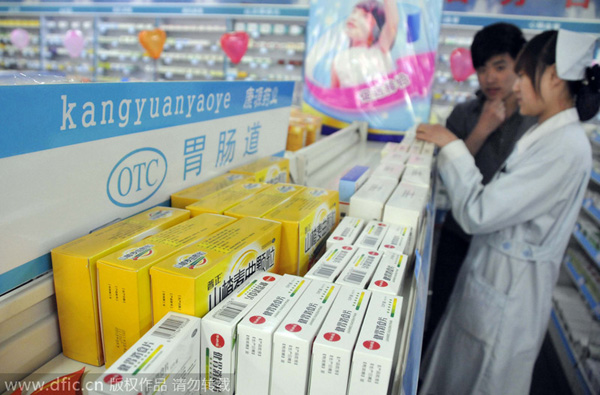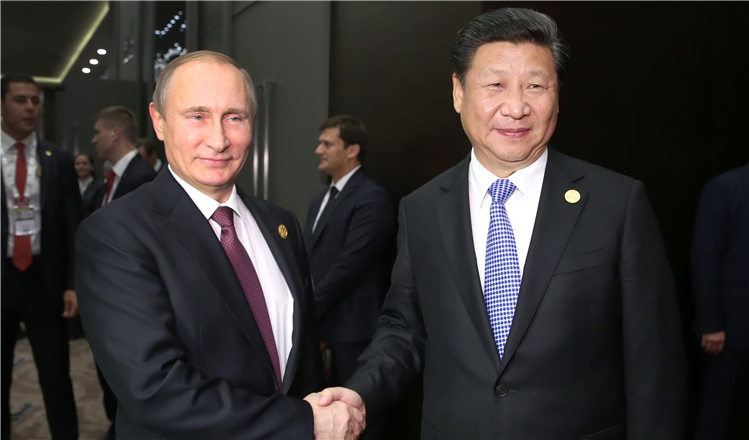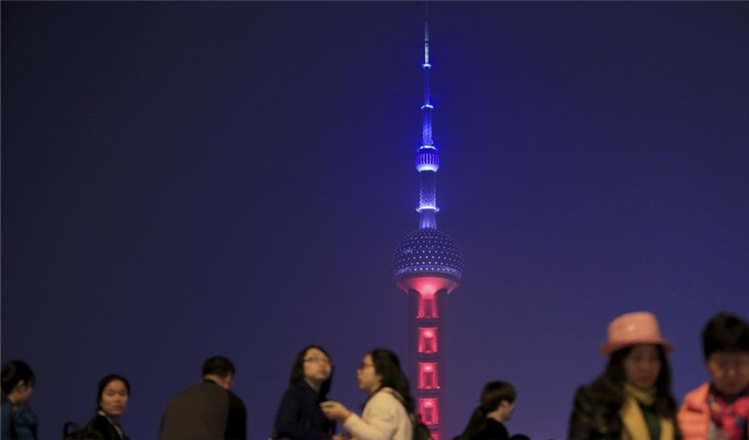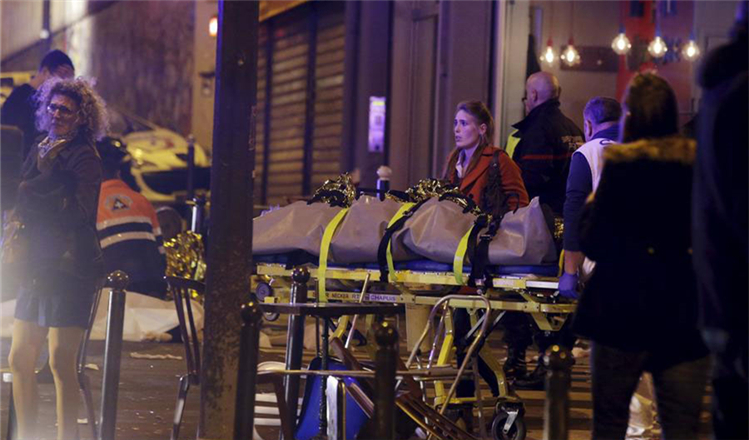Pharma law must be strictly enforced
Updated: 2015-11-16 08:15
(China Daily)
|
||||||||
|
 |
|
Man buys medicine with the help of a pharmacy sales person in Chongqing municipality, Southwest China, July 21, 2014. [Photo/IC] |
THE CHINA FOOD AND DRUG Administration recently announced its decision to reject eight drug enterprises' applications for the registration of 11 new drugs, saying their clinical test data was either false or incomplete. The hospitals that provided the data are being investigated. A Beijing News editorial calls for strict enforcement of the law because such drugs are related to people's health and even lives.
On July 22, the China Food and Drug Administration gave the pharmaceutical companies a chance to withdraw applications containing false data, yet such cheating was still found in the applications submitted.
It should be emphasized that drugs are a special product, as they are supposed to save lives and protect health. The hospitals that provided the false clinical data and the medical enterprises that used it are placing patients at risk.
The problem might even be worse than people have suspected. An official from the CFDA was previously quoted as saying that it was an open secret that false data was rampant in the pharmaceutical industry. How many kinds of medicines with false clinical data does China produce every year and how many are on the market? How many have already been used by patients? How many deaths and injuries have they caused?
According to the law, the pharmaceutical enterprises and hospitals involved face warnings, fines, even the withdrawal of their business licenses. In practice, the CFDA's penalties to those providing false data include: including them and their management on a black list and publishing their names, while the judiciary is responsible for dealing with those breaking the law.
A browse at past records finds that hardly had any hospital or pharmaceutical enterprise has been punished for providing false data. The law has seldom been effectively implemented and that's why false data is so rampant in the pharmaceutical industry.
In a document issued in July, the CFDA vowed zero tolerance toward those providing false clinical data. That's a good move, and it is time for the judiciary to strictly enforce the law so that the zero tolerance is not just empty words.
- Attacks in Paris prompt China to boost security
- Courier companies to face punishment for info leaks
- 118-meter-high building in Xi'an demolished
- 88.9% want longer maternity leave for second children
- Six jobs have potential to become best paying over next five years
- Beijing issues yellow alert for heavy smog

 French warplanes strike Islamic State Syria bastion
French warplanes strike Islamic State Syria bastion
 Xi, Putin meet at G20 summit, renewing pledges on cooperation
Xi, Putin meet at G20 summit, renewing pledges on cooperation
 Skimming the surface
Skimming the surface
 Eiffel Tower goes dark as France mourns terrorist attack victims
Eiffel Tower goes dark as France mourns terrorist attack victims
 Victims of terrorist attacks in Paris commemorated worldwide
Victims of terrorist attacks in Paris commemorated worldwide
 Standing shoulder to shoulder with France
Standing shoulder to shoulder with France
 Paris shooting and explosions in photos
Paris shooting and explosions in photos
 Top 10 regions that led the shopping spree on Singles Day
Top 10 regions that led the shopping spree on Singles Day
Most Viewed
Editor's Picks

|

|

|

|

|

|
Today's Top News
Chinese president arrives in Turkey for G20 summit
Islamic State claims responsibility for Paris attacks
Obama, Netanyahu at White House seek to mend US-Israel ties
China, not Canada, is top US trade partner
Tu first Chinese to win Nobel Prize in Medicine
Huntsman says Sino-US relationship needs common goals
Xi pledges $2 billion to help developing countries
Young people from US look forward to Xi's state visit: Survey
US Weekly

|

|






